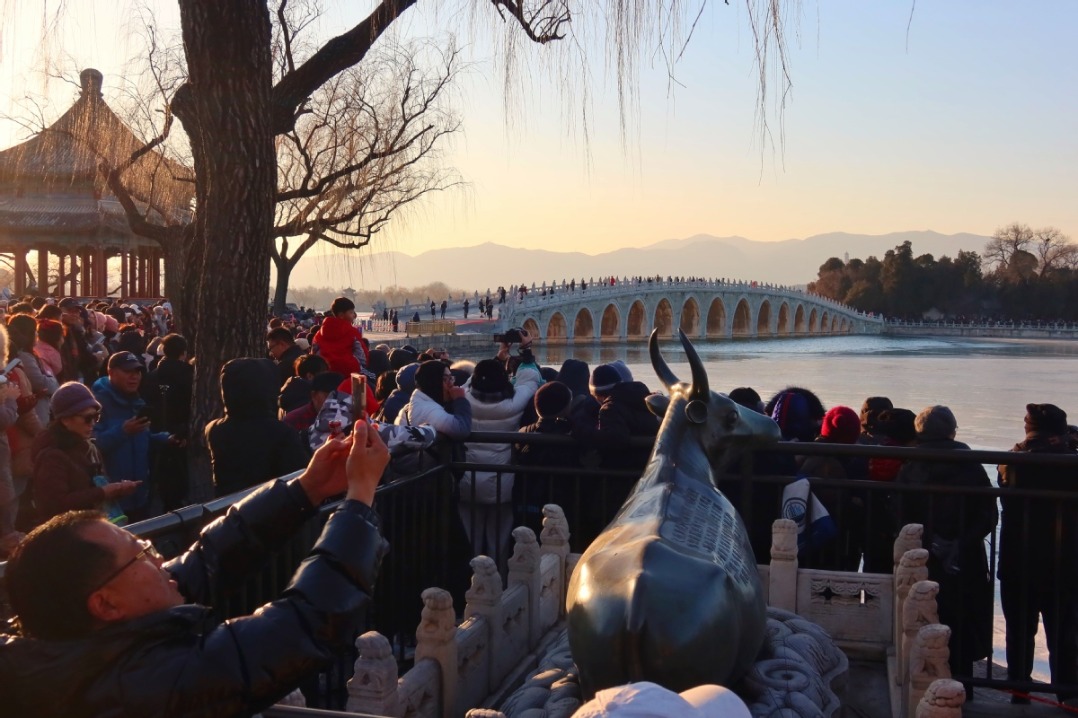Declining births trigger calls for action


Projections in a UN report titled World Population Prospects 2022 show that if a fertility rate of around 1.4 is maintained in the long term, China's population will fall slowly to 1.3 billion by 2050, but will be nearly halved to 777 million by the year 2100.
"The next three decades will be vital. We should roll out effective measures to encourage births while the fertility rate is still fluctuating," Yuan said.
However, experts have acknowledged the severity of the challenge faced in raising the fertility level.
Although legal limitations essentially ended with the introduction of the three-child policy and the scrapping of all restrictive measures and fines associated with childbirth in 2021, the experts said couples are now simply unwilling to have more children.
Mao Zhuoyan, a professor at Capital University of Economics and Business, said that for parents, having an additional child means doubling the workload involved in daily care, finding satisfactory nursery care centers and kindergartens, and addressing a range of tasks associated with children's education and medical needs.
"For mothers, discrimination in the workplace adds to the pressure. Young parents also tend to feel overwhelmed (by parenthood) and have to seek help from their own parents in raising children," she said.
- Chinese researchers uncover record-high evidence of ancient human activity on eastern Qinghai-Tibet Plateau
- China's draft law on childcare services submitted for first reading
- Winter solstice golden magic illuminates Beijing's 17-Arch Bridge
- Making it count
- Racing for the rich
- Unraveling the cosmic puzzle





































